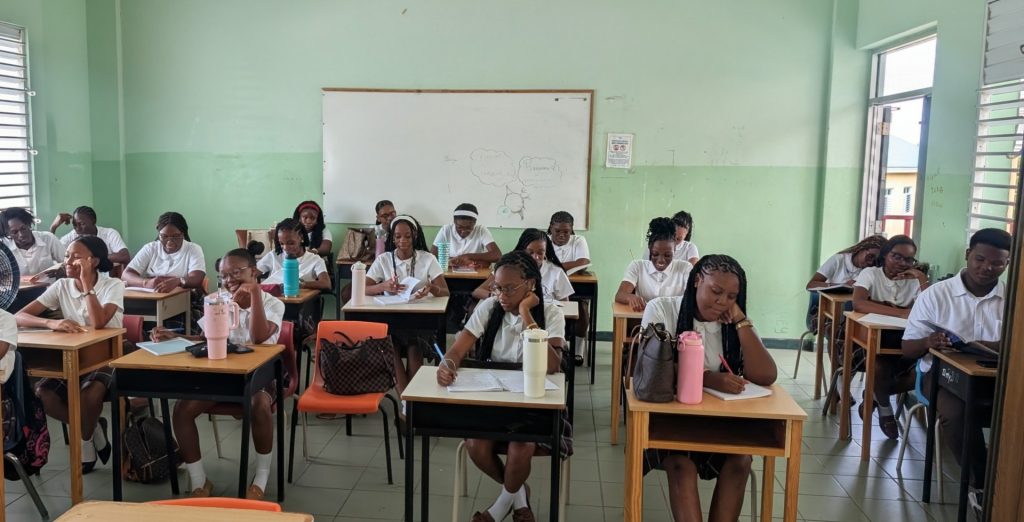Decline in St. Kitts and Nevis Passport Ranking
The St. Kitts and Nevis passport, once a symbol of robust international mobility and a highly regarded travel document, has experienced a decline in global standing according to the 2025 Henley Passport Index. This drop, from 22nd globally and 2nd regionally in 2021 to 25th globally and 4th regionally in 2025, raises concerns about the impact of policy shifts implemented under the current administration led by Prime Minister Drew. The decline represents a significant shift in the passport’s power, particularly within the Caribbean region where it has been overtaken by Barbados, the Bahamas, and St. Vincent and the Grenadines. This shift prompts a critical examination of the factors contributing to this decline and the potential implications for the nation’s international relations and economic prospects.
The period of decline coincides with the tenure of the Drew-led administration, which assumed power in 2022. Several policy adjustments, particularly concerning the Citizenship by Investment (CBI) programme, have been cited as potential contributing factors to the passport’s diminished standing. The CBI programme, a cornerstone of St. Kitts and Nevis’ economic strategy and a significant driver of its international recognition, has undergone changes that were perceived by some international stakeholders as abrupt and lacking clarity. This perception, coupled with increased scrutiny from international regulators regarding due diligence processes within the CBI programme, may have contributed to a decline in investor confidence and a subsequent weakening of the passport’s value.
The global landscape surrounding citizenship by investment programmes has also become increasingly complex and competitive. Reputation, transparency, and consistent adherence to international standards are now paramount for maintaining a strong passport ranking. The perceived ambiguity surrounding the policy changes in St. Kitts and Nevis, coupled with heightened international scrutiny, may have created an environment of uncertainty that negatively impacted the nation’s standing within the global community. This uncertainty could have influenced visa negotiations and contributed to the passport’s slip in ranking.
Under the previous Harris administration, the St. Kitts and Nevis passport enjoyed a period of considerable strength, holding the 22nd global position in 2021, tied with Malta and Iceland, and ranking just below Barbados within the Caribbean region. This strong performance reflected the success of the CBI programme under the previous administration, which was widely viewed as a benchmark within the industry. The passport’s elevated status symbolized the nation’s strong international relationships, robust due diligence processes, and a clear and consistent policy framework.
The contrast between the passport’s performance under the previous administration and its current position highlights the importance of maintaining stable and transparent policies, particularly within the context of CBI programmes. The perceived instability introduced by the changes under the Drew administration may have signaled a departure from the established norms and best practices, potentially contributing to a decline in investor confidence and impacting the passport’s international recognition. The current situation underscores the need for careful consideration and thorough evaluation of any policy adjustments related to the CBI programme to avoid unintended negative consequences for the nation’s international standing.
Rebuilding the St. Kitts and Nevis passport’s global standing requires a multifaceted approach that prioritizes regaining international trust and restoring confidence in the CBI programme. This involves enhancing transparency and communication surrounding policy changes, engaging in proactive diplomacy to strengthen international relationships, and reinforcing due diligence processes to maintain the integrity of the CBI programme. Furthermore, engaging with international stakeholders and addressing their concerns is crucial for restoring confidence and demonstrating a commitment to international best practices. By implementing these measures, St. Kitts and Nevis can work towards reclaiming its position as a leader in the CBI industry and restoring its passport to its former prominence within the Caribbean region and on the global stage. This will not only enhance the nation’s international mobility but also contribute to its economic prosperity and overall development.
Share this content:












Post Comment